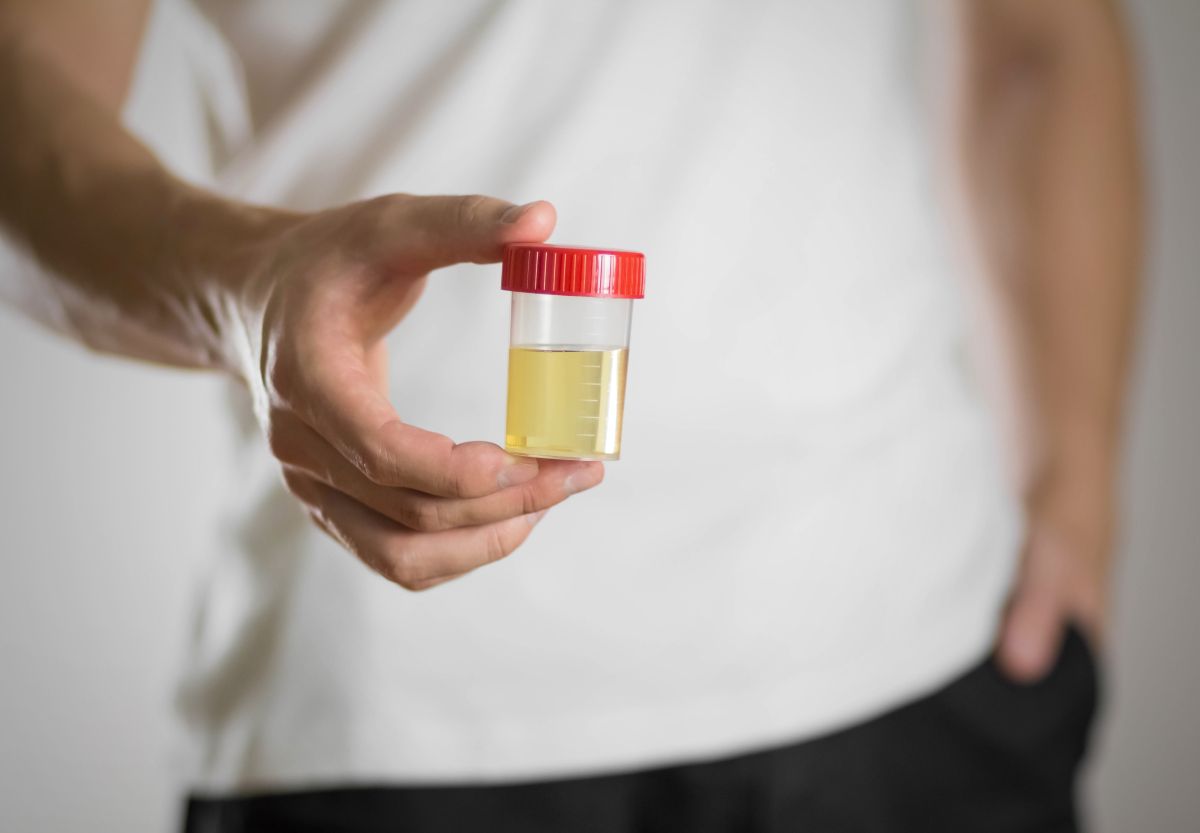Scientists say they have identified bacteria in urine that are related to aggressive prostate cancer.
The discovery could provide new ways to detect and even prevent these dangerous tumors, experts hope .
Although it is still too early to say whether the bacteria could cause cancer, rather than just being a useful marker.
The University of East Anglia team that found the link plans further studies to see if clearing the infection with antibiotics could prevent malignancies .
Bacterial infection is known to play a role in the development of other types of cancer. For example, a virus called H. pylori can lead to stomach cancer; and a cycle of antibiotics could eliminate this risk.
Different bacteria
Prostate cancer not always life-threatening: some tumors grow too slowly to cause any problems, and can be safely left alone and simply managed.
The challenge is to quickly diagnose and treat men who have fast-growing and aggressive tumors, while preventing others from receiving unnecessary treatment.
Currently available tests, such as the PSA blood test and a biopsy, cannot always predict which cancers will be harmful.
For this latest study, published in the journal European Urology Oncology, researchers studied more than patients with and without prostate cancer to evaluate the usefulness of the bacterial test in urine.
Identified 5 types of bacteria that were common in urine and tissue samples from men whose cancers eventually became aggressive.
All were types of bacteria that can grow without oxygen. Some were completely new types, never found before.
Two of the new species of bacteria found by the team have been named after two of the sponsors of the study: Pophyromonas bobii, by The Bob Champion Cancer Trust; and Varibaculum prostatecancerukia, by Prostate Cancer UK.
Perspectives
Dr. Rachel Hurst, a member of the research team, said that “among the things we still don’t know is how people contract these bacteria, if they are causing cancer or if it is a deficient immune response that allows the growth of the bacteria”.
“But we hope that our findings and future work may lead to new treatment options, which could delay or prevent the development of aggressive prostate cancer. Our work could also lay the groundwork for new tests that use bacteria to predict the most effective prostate cancer treatment for each man with cancer.”
His colleague, Professor Colin Cooper, who co-led investigation, he told the BBC he was very confident the findings were real as they had followed rigorous measures to ensure there was no chance of contamination while carrying out the lab work.



He said it was possible that some of these bacteria produce hormones that drive the development of aggressive tumours.
Sam Godfrey of Cancer Research UK added that “nearly four one in ten cases of cancer in the UK are linked to known risk factors such as smoking and obesity. But there are other factors that cause cancer, such as bacteria, that we are beginning to identify”.
“More studies are needed to establish how these bacteria are involved in the growth of prostate cancer, but this research could help generate new detection and prevention tools that would help reduce the impact of these cancers on society”, he concluded.
You may be interested:
A seven months of the World Cup: Louis van Gaal confesses that he suffers from a very aggressive prostate cancer
What drinks are bad for the prostate
What are the treatments for prostate cancer according to your state?
You can now receive notifications from BBC News Mundo. Download the new version of our app and activate it so you don’t miss our best content.
Do you already know our YouTube channel? Subscribe!
